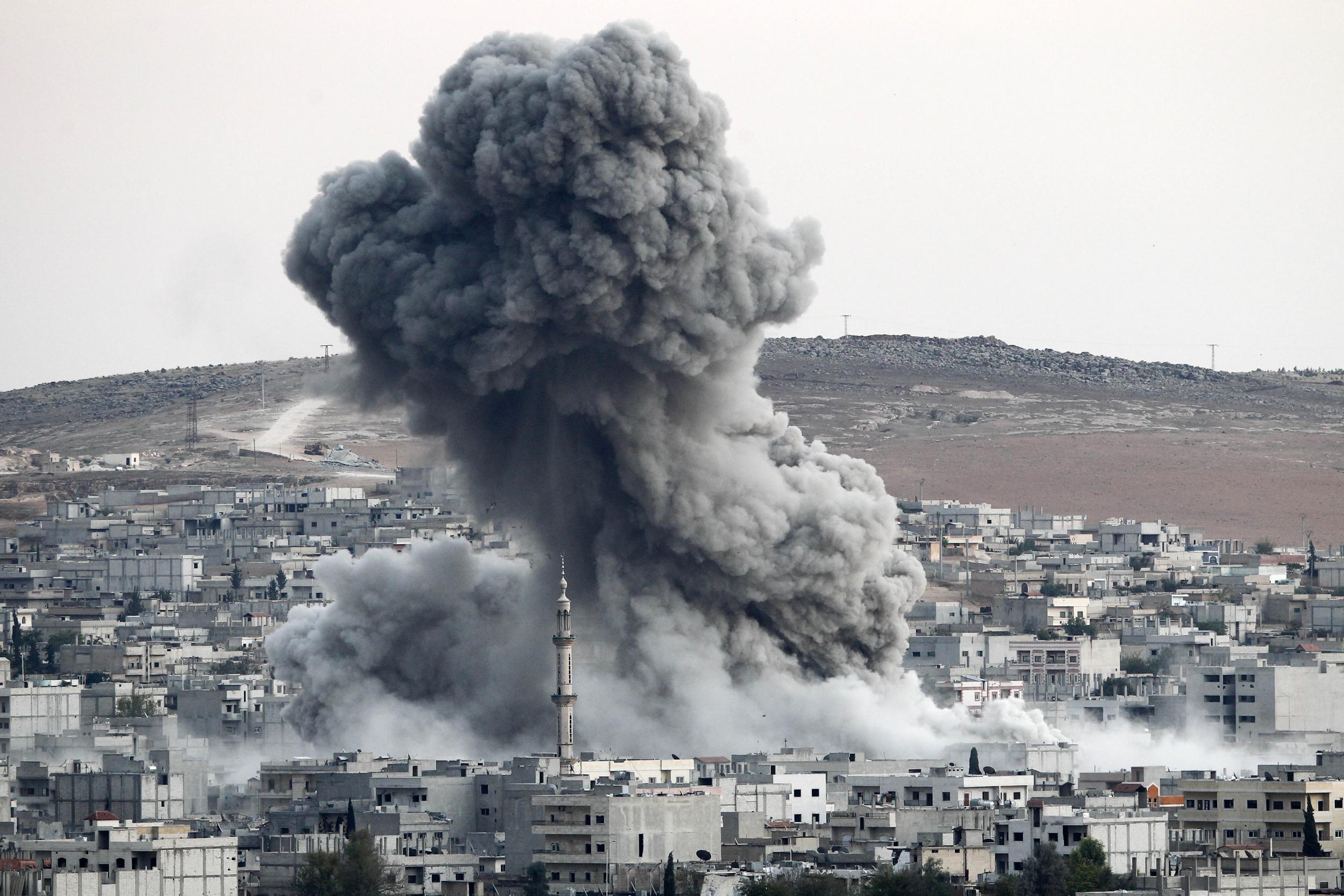Isis revenues 'drop by nearly a third as it loses territory'
Group looks at ways to increase incomes - including fines for not being able to answer questions on the Quran

Your support helps us to tell the story
From reproductive rights to climate change to Big Tech, The Independent is on the ground when the story is developing. Whether it's investigating the financials of Elon Musk's pro-Trump PAC or producing our latest documentary, 'The A Word', which shines a light on the American women fighting for reproductive rights, we know how important it is to parse out the facts from the messaging.
At such a critical moment in US history, we need reporters on the ground. Your donation allows us to keep sending journalists to speak to both sides of the story.
The Independent is trusted by Americans across the entire political spectrum. And unlike many other quality news outlets, we choose not to lock Americans out of our reporting and analysis with paywalls. We believe quality journalism should be available to everyone, paid for by those who can afford it.
Your support makes all the difference.Isis has seen its revenue drop by about 30 per cent in the last year as the territory it controls continues to shrink, a research group has claimed.
Income is estimated to have fallen from about $80m (£56m) to $54m (£40m) between March 2015 and March 2016, according to the IHS consultancy group.
Isis is under heavy attack from a number of enemies, including the Syrian and Iraqi armies, the Iraqi Kurdish Peshmerga and the Syrian Kurdish People’s Protection Units (YPG). All of these groups have been backed by air strikes from either the US-led coalition or Russian forces.
One of the main targets for the coalition has been the revenue Isis has gained from the oil production in areas it controls. Air strikes have hit the infrastructure surrounding oil production, with the IHS claiming that the number of barrels being produced is down to 21,000 barrels a day from 33,000 last year.
The UK Government has estimated that 40 per cent of Isis revenue comes from oil exports, although it claims that such income has fallen. These figures tally with the IHS, who claim that 43 per cent of Isis income comes from oil.
The targeting of oil infrastructure, combined with the fall in the price of oil, could lead to Isis increasing the price of the commodity with its revenues being squeezed. However, there appears to be little sign of that as Isis looks for quick sales on the black markets in Syria and Iraq to generate cash.
Beyond oil, Isis is under increasing pressure to ensure it maximises revenue from the areas it controls across Syria and Iraq, particularly as it continues to lose territory and also the populations within those areas from which it could seek to levy money.
IHS claims 50 per cent of Isis income is now through taxation and confiscation, with the UK Government believing it is about 40 per cent – including extortion and revenue from the local cash economy.
“Its population has declined from around nine million to around six million. There are fewer people and business activities to tax; the same applies to properties and land to confiscate,” said Columb Strack, senior analyst at HIS.
The Independent has previously reported how violence by Isis has increased in areas such as Mosul in Iraq as the group looks to crackdown on any possible dissent and extract money from the residents under its control.
Money can now be offered in lieu of such corporal punishments that are proscribed under sharia law, which highlights the financial difficulties Isis appear to be battling.
According to Ludovico Carlino, another senior analyst at IHS, fines are now also being imposed for “driving on the wrong side of the road and for not being able to answer questions correctly on the Quran”.
Join our commenting forum
Join thought-provoking conversations, follow other Independent readers and see their replies
Comments